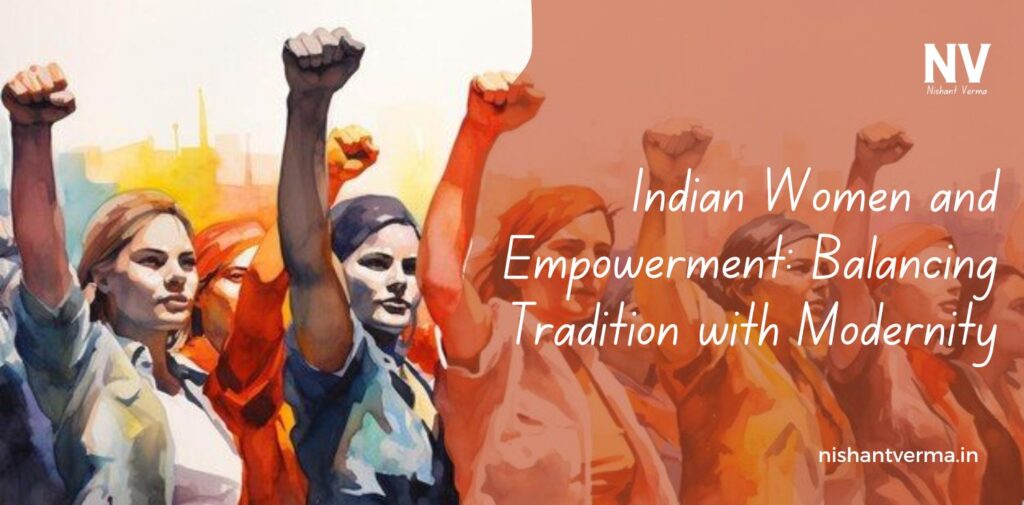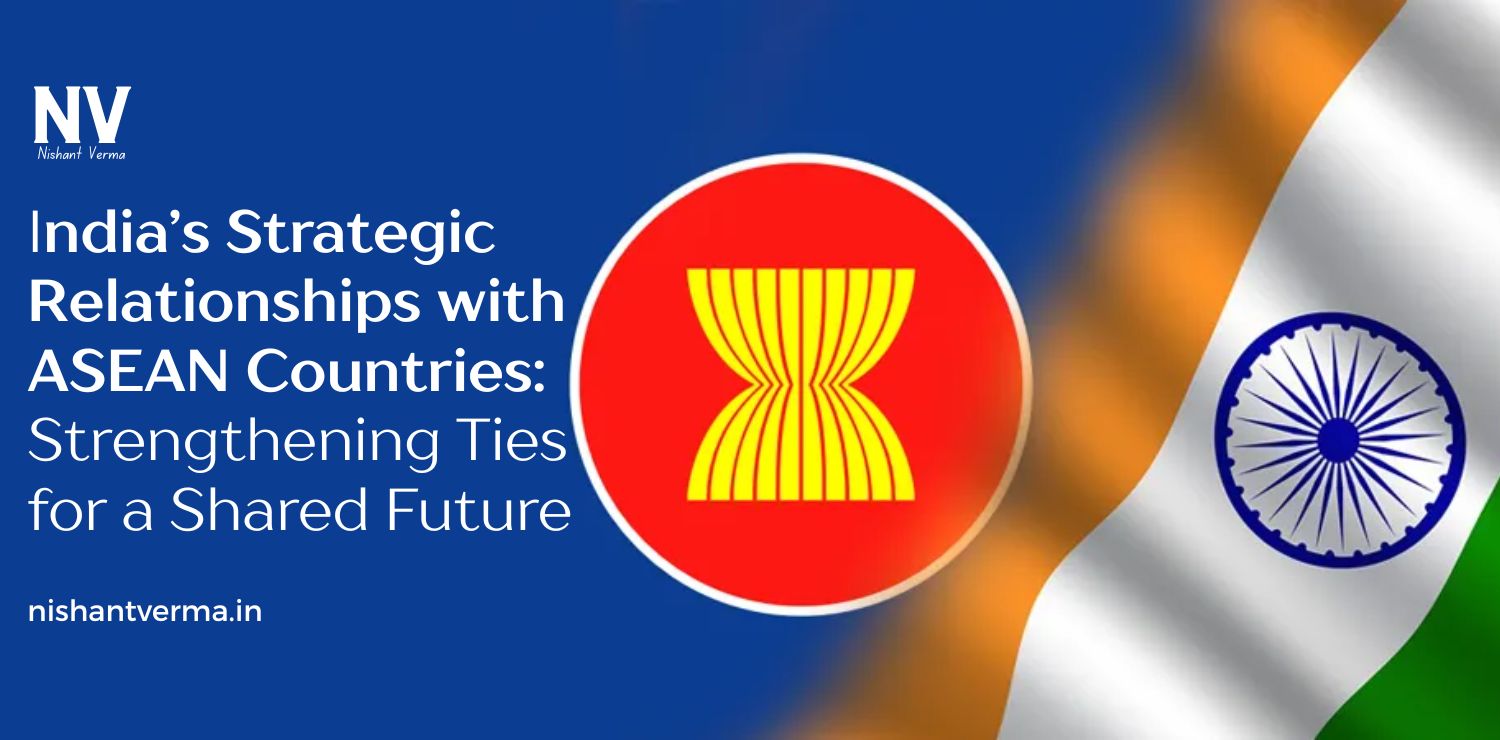In recent years, the question of women’s empowerment has gained significant attention across the world, and India is no exception. Indian Hindu women, in particular, have always had a complex relationship with tradition and modernity. While they are deeply rooted in cultural practices, religious customs, and family structures, they are also part of a rapidly changing society. Empowering these women means finding a way to balance respect for tradition with the promise of modern progress.
In this article, we will explore how Hindu women navigate their roles in a society that sometimes expects them to uphold age-old traditions while, at the same time, encouraging them to embrace the opportunities of modernity. We will look at the key challenges they face and how they are overcoming barriers to achieve empowerment.
The Role of Women in Hindu Tradition
Historically, women in Hindu society have occupied a central role in family and community life. Hinduism, with its rich cultural and spiritual heritage, has revered women as goddesses and divine figures. Deities like Saraswati (goddess of wisdom), Lakshmi (goddess of wealth), and Durga (goddess of strength) show how women were once worshipped as powerful and influential figures.
However, in practice, many Hindu women’s lives have been shaped by patriarchal norms, where their roles were primarily confined to domestic duties, motherhood, and care. Social and religious traditions often placed restrictions on their freedom, education, and participation in public life. These roles were enforced through religious texts, cultural norms, and societal expectations.
While religious traditions often exalt women’s spiritual qualities, everyday life for many Hindu women has not always reflected these ideals. Instead, the traditional roles of wives, mothers, and daughters have often kept women in the home, with limited opportunities for personal development or career growth.
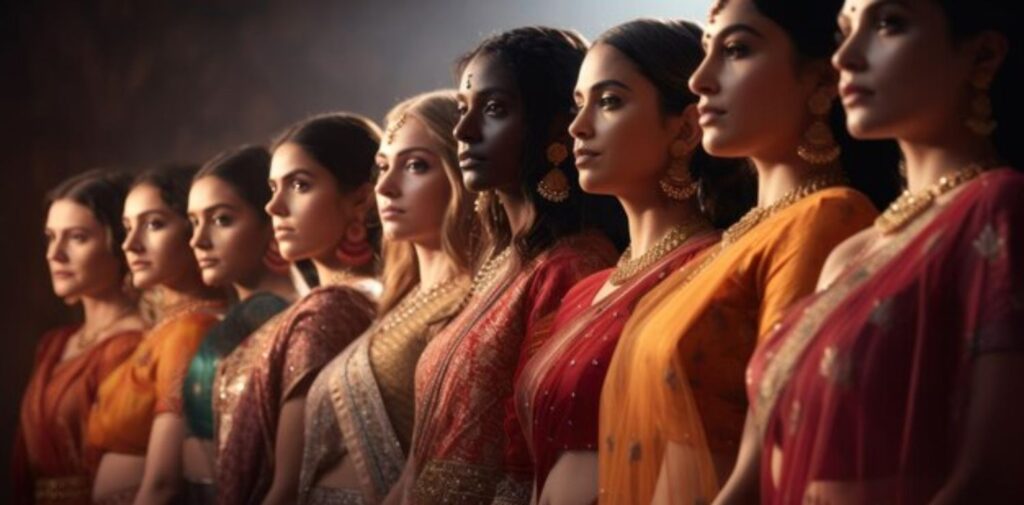
The Shift Towards Modernity
The 20th and 21st centuries have seen significant social, cultural, and economic changes in India. Globalization, technological advancements, and the growth of women’s movements have all contributed to a rethinking of women’s roles in society. Modernity has brought about new opportunities, changing perceptions of women’s rights, and an expansion of women’s roles beyond the home.
Today, women are increasingly active in education, the workforce, politics, and other public spheres. The rise of female role models in various fields, from business leaders like Indra Nooyi to political figures like Sushma Swaraj, has shown that Hindu women can excel in every domain.
The education system, which has seen higher female enrollment rates, and the increasing presence of women in professional careers are both examples of how modernity has helped women step outside traditional confines. The empowerment of women is also reflected in the growing number of women who are advocating for their rights, participating in social reforms, and contributing to community development.
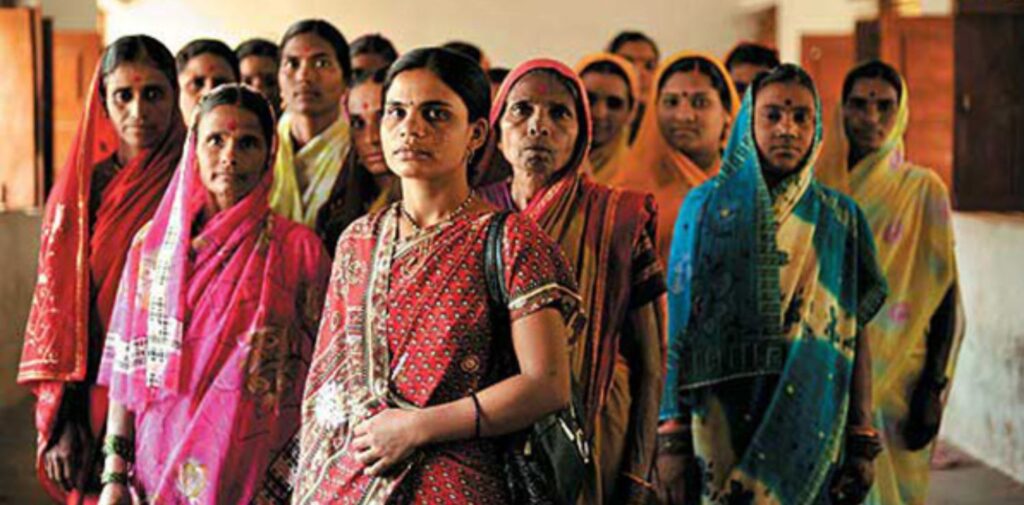
Balancing Tradition and Modernity
While modernity has opened up numerous opportunities for women, Hindu women in India still face significant challenges in balancing traditional values with modern expectations. The process of empowerment for Hindu women is not straightforward and often involves navigating complex social and cultural landscapes.
- Family Expectations and Roles: In many Hindu families, traditional values place great importance on the role of women as caregivers and homemakers. Women are expected to prioritize family duties over personal goals. Marriage, motherhood, and managing the household are still seen by some as the highest achievements for women. This cultural expectation sometimes conflicts with women’s desires to pursue careers, higher education, or even personal interests. Many young women today want to carve their paths and seek to balance their ambitions with the responsibilities they have at home. The challenge lies in creating a more equitable division of labour in households, where both men and women share household responsibilities.
- Marriage and Social Pressure: Marriage continues to be a major milestone for most Hindu women. However, the pressure to marry at a certain age, coupled with traditional expectations of what a good wife should be, can create significant stress. The idea of arranged marriage still holds strong in many parts of India, and young women often find themselves navigating between familial expectations and personal choice. The evolving dynamics of marriage in India—where women are increasingly asserting their agency in choosing partners—illustrate the shift towards modernity. However, resistance to changing marriage norms remains in many communities, and women are often judged based on their marital status, which can lead to feelings of inadequacy or societal pressure.
- Gender Stereotypes and Violence: Another challenge for Hindu women is the deeply ingrained gender stereotypes that continue to define their roles. Women are often expected to embody qualities of modesty, submission, and self-sacrifice. While these qualities can be empowering in certain contexts, they can also limit women’s freedom and opportunities. Additionally, gender-based violence, including domestic abuse, sexual harassment, and discrimination, remains a significant issue. Though legal protections have been put in place, such as the Protection of Women from Domestic Violence Act (2005), these laws are not always enforced effectively, and societal attitudes towards gender violence are slow to change.
- Religious and Cultural Beliefs: Religion plays a powerful role in shaping the lives of Hindu women. Hinduism has diverse schools of thought and practices, and the role of women within these traditions varies widely. In some sects, women have significant religious authority, while in others, they may be restricted from performing certain religious duties. For example, some Hindu temples have historically not allowed women to enter certain areas or to perform rituals. However, in recent years, many women have fought against such discriminatory practices, demanding equal access to sacred spaces. This battle for equal rights within religious settings is a key aspect of modern Hindu women’s empowerment.
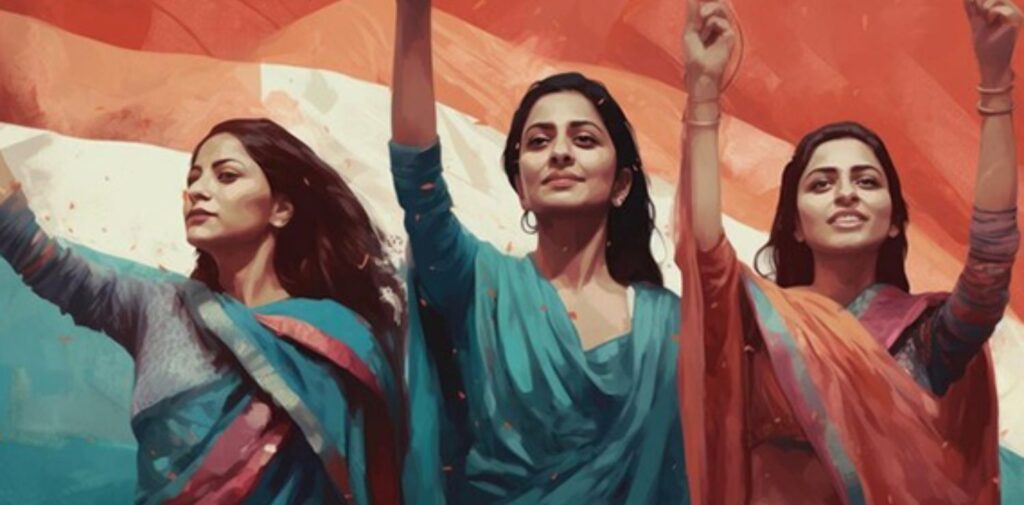
The Path Forward: Empowering Hindu Women
Empowerment is a multi-faceted concept that goes beyond economic independence and professional success. For Hindu women, true empowerment involves a balance between honouring their cultural heritage and embracing the opportunities of the modern world. Some of the ways this balance can be achieved include:
- Education and Career Development: Ensuring equal access to education for girls is one of the most important steps in empowering Hindu women. Education allows women to break free from traditional roles and open doors to personal and professional growth. The rise of women in business, politics, academia, and the arts is a testament to the power of education in shaping empowered women.
- Changing Societal Attitudes: Changing deeply rooted societal attitudes towards gender roles is crucial. Men and women must work together to challenge gender stereotypes and ensure that women have equal opportunities to participate in all aspects of life. Promoting the idea that empowerment is not just a woman’s responsibility, but a collective effort, is key to achieving long-term change.
- Legal Rights and Protection: Although women in India have made significant strides in terms of legal rights, more needs to be done to protect them from gender-based violence, discrimination, and exploitation. Legal reforms must be continuously evaluated and strengthened to ensure that women can live free from fear and oppression.
- Religious and Cultural Reforms: Religious and cultural reforms are also necessary to ensure that women are treated equally within religious spaces. Women’s participation in religious leadership and decision-making processes can help dismantle patriarchal structures and promote a more inclusive and equitable spiritual practice.
Conclusion: Indian Hindu women
Indian Hindu women are at a crossroads, trying to strike a balance between honouring tradition and embracing modernity. Empowerment, in this context, means providing women with the tools and opportunities to pursue their aspirations while respecting their cultural and religious identities. As society continues to evolve, the journey towards empowerment will be shaped by both the strength of tradition and the promise of modern progress. By encouraging education, legal protection, and societal change, India can help its Hindu women unlock their full potential and contribute even more to the country’s growth and development.

